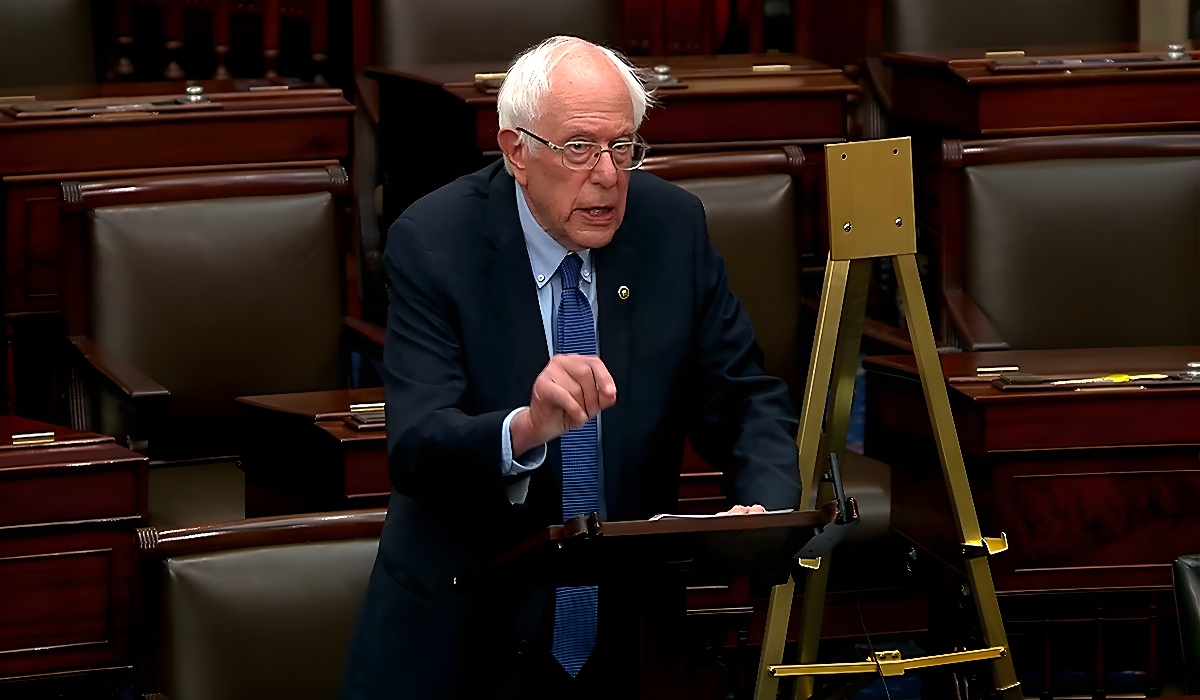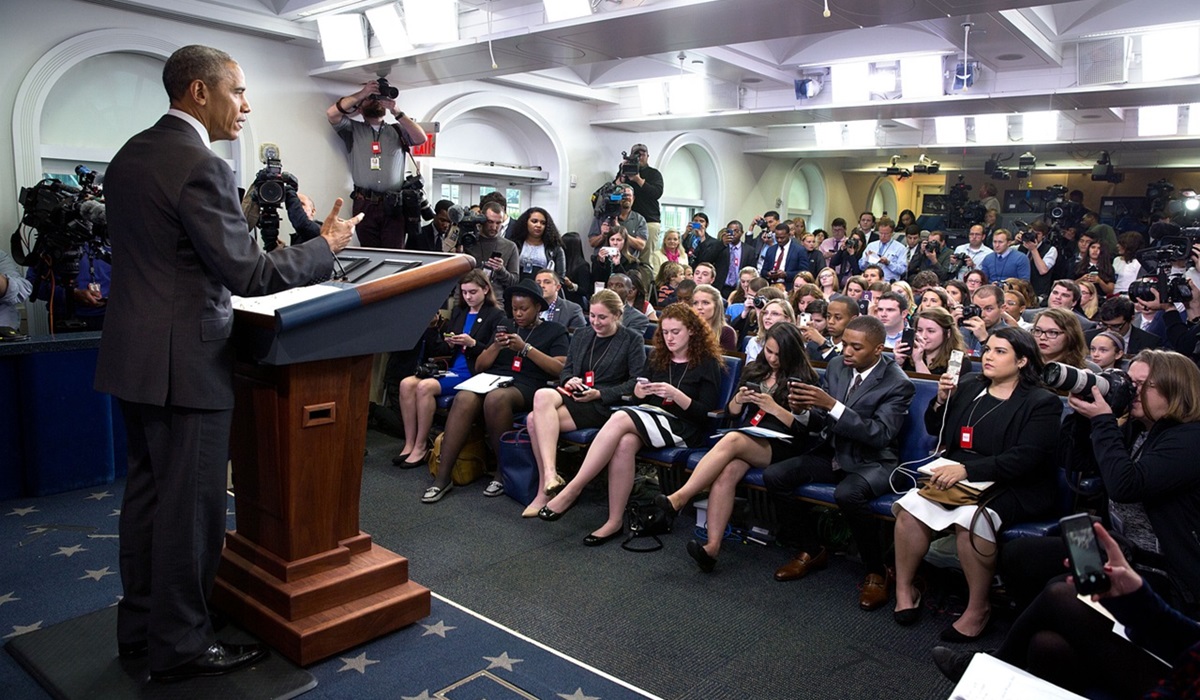The high cost of prescription drugs in the United States has been a long-standing issue, exacerbated by a political system deeply influenced by powerful pharmaceutical giants. For decades, Americans have paid significantly more for medications compared to other nations, and this disparity shows no signs of abating. The root of the problem lies in the intricate relationship between Congress and special interest groups, which stifles meaningful legislative change.
In a recent speech to Congress, Senator Bernie Sanders, Chair of the Labour and Health Community, voiced the frustrations of many Americans. “President, let me be as clear as I can be. The American people, whether they are Democrats, Republicans, or Independents, are sick and tired of paying the highest prices in the world for prescription drugs. American people are sick and tired of being ripped off,” Sanders declared. Highlighting the absurdity of the current situation, he pointed out, “Why is Novo Nordisk charging Americans over $1,000 for a prescription drug that can be purchased for $59 in Germany?”
The exorbitant prices are a symptom of a larger, more systemic issue: the pervasive influence of special interests in American politics. Just as the tobacco, gun, and sugar industries wield significant power, so too do pharmaceutical companies. These entities ensure that any legislation impacting their profits does not pass without their approval. This has resulted in a legislative stalemate where the interests of the few outweigh the needs of the many.
For any substantial changes to occur, lawmakers would need to prioritize the well-being of the public over their political careers. This would involve rejecting the financial support of major donors and special interest groups, a move that could jeopardize their re-election prospects. Unfortunately, the reality of American politics is that few elected officials are willing to take such risks. The prevailing attitude is one of self-preservation: “If I don’t do it, somebody else will. So why do I need to act like I care?”
The American political system is thus caught in a vicious cycle. Lawmakers, reliant on the financial backing of powerful corporations, are reluctant to enact laws that could negatively impact their benefactors. Consequently, the needs of ordinary Americans are consistently overshadowed by the interests of the wealthy and powerful.
As Senator Sanders’ impassioned speech highlighted, the frustration of the American people continues to grow. Yet, without significant changes to the political landscape, the prospect of affordable prescription drugs remains a distant hope. The current state of affairs underscores a sobering reality: in the battle between public welfare and corporate profit, the latter often emerges victorious.
The question remains: how long will the American people tolerate a system that prioritizes corporate interests over their health and well-being? As it stands, the road to affordable prescription drugs is fraught with obstacles, primarily the entrenched power of pharmaceutical giants and the politicians beholden to them.









